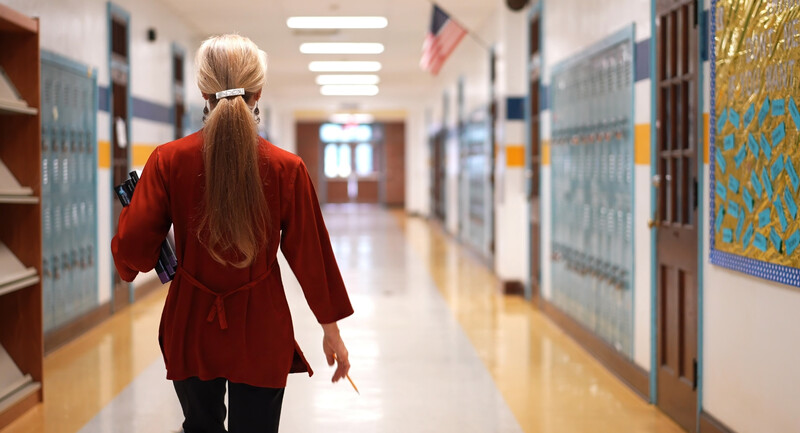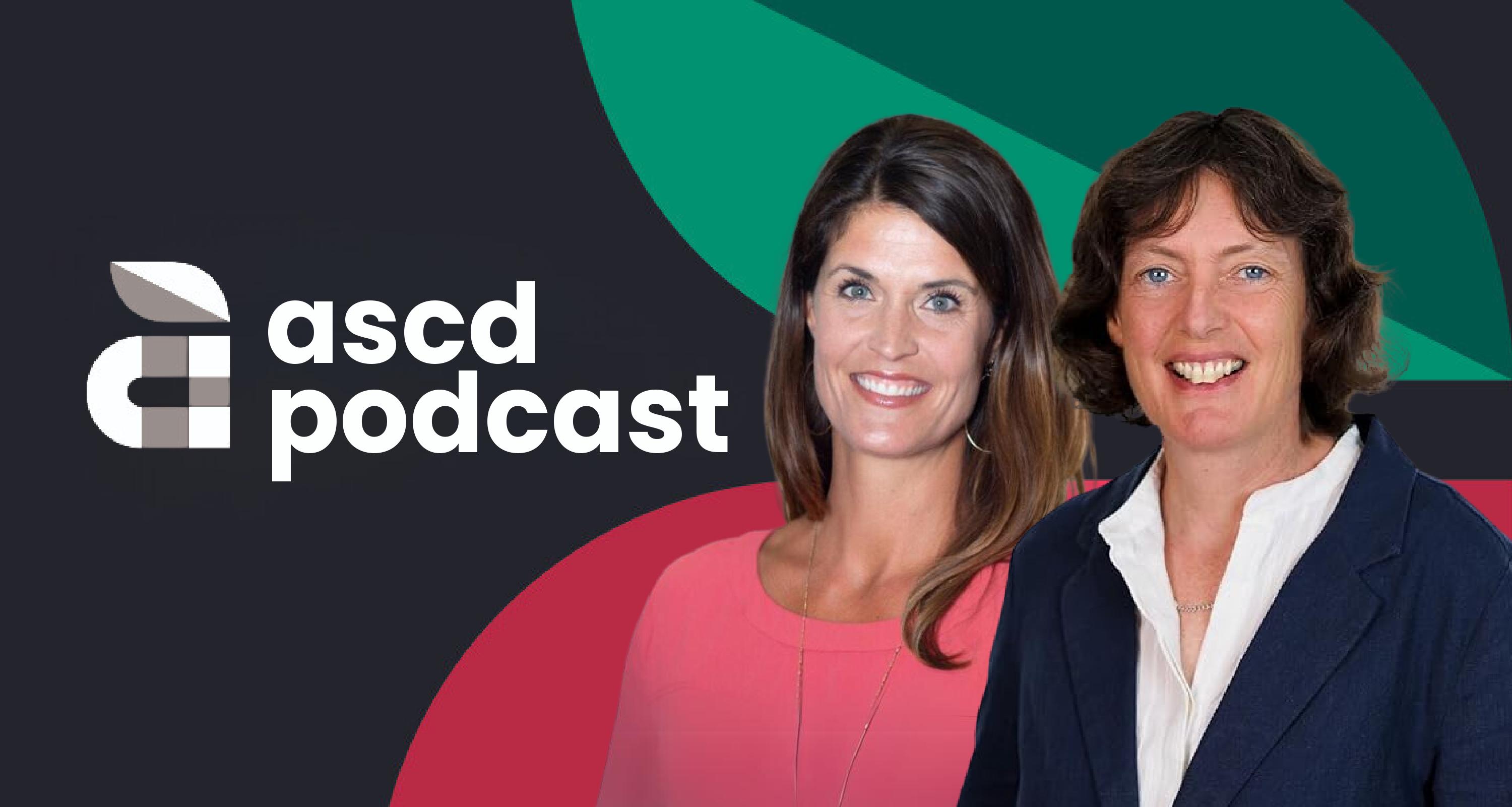Douglas Reeves is author of The Learning Leader: How to Focus School Improvement for Better Results (ASCD, 2020). Reeves will be presenting at the upcoming ASCD Virtual Leadership Summit. Plan to attend his session “Fearless Schools” on January 19 from 3:30-4:30 pm ET. Register now.
The focus of your session at this year’s Leadership Summit is fostering fearless schools through “psychological safety.” How would you define that term?
I would just say, by way of introduction, that the greatest concern that all of us have had for the last two years has been the physical safety of our students and staff. But as more and more people come back to school, we're recognizing that psychological safety has been just as important as physical safety. What psychological safety means is that “I'm OK, it's safe to make a mistake and I know I will not be humiliated or embarrassed.” That is a prerequisite for students’ learning and it's essential for staff to feel that they can make mistakes and be forgiven by their colleagues and their supervisors. That's what psychological safety is at its essence.
Why is psychological safety so important right now, when educators are facing a third year under the pandemic?
As educators, we’re used to, frankly, being appreciated and respected for the hard work that we do. Now, we're in an environment where no matter what the decision is, somebody is going to not only object, but object on a very personal basis. If we keep schools open, people who think the schools ought to be closed will criticize us. If we close schools, people who think they ought to be open will criticize us. So, every day, it's this relentless drumbeat of criticism.
The critical part of psychological safety is understanding that perfection is not an option. There's never going to be a decision that we make as teachers or leaders that's going to make everybody happy. So given the fact that we're not going to get the affirmation that we used to get from our stakeholders, we must make sure we support each other. The truth is, when day after day after day, educators run into this criticism, there’s got to be a safe place where there’s an affirmation that they’re doing really important work. You're literally saving the lives of children with the work that you do. And we better affirm our profession in a way that we never have in the past.
What are some of the ways that school leaders can contribute to a psychologically safe environment?
I would say one thing that leaders need to do is replace evaluation with coaching. Nobody has ever gotten evaluated into better performance and the last thing we need right now is an environment of threats and intimidation, which is oftentimes associated with an evaluative format. That doesn't mean you tolerate bad teaching or unprofessional conduct, but we have to invest far more of our energy in helping good teachers to be great teachers, rather than simply going through the evaluative mechanisms that most states have. A safe environment for mistakes is essential for students and teachers. When the administrator comes into my classroom and watches me teach, I've got to be able to try something new and make a mistake, and not feel that with every breath that I take, I might inadvertently put my career on the line. So, keep high standards and expect the very best of your teachers, but let's focus on coaching from good to great, rather than evaluating.
How can supporting psychological safety strengthen the adaptability of a school environment?
Let's back up from the classroom, and start with a model of high-trust, low-trust: for example, picture a toddler learning to walk who falls over. Nobody gives a toddler a lecture about how inadequate their walking is. They laugh, they applaud with every step, they encourage the toddler, and he gets better and better. In a low-trust environment, that kid would never learn to walk, because they would give up. Similarly, in the classroom, as well as in a faculty room, it means that we can try different ideas, we can engage in good faith experiments. So, if we really value innovation and creativity, along with that comes the ability to take a risk and to make a mistake in the same way that babies learn to walk. We, as professionals, have got to be willing to try new things.
Now let's use classroom technology as an example. Everyone in the last few years has had some technology that did not work well for kids or for administrators or teachers. But because we were in an environment where we had to try new things and improve them or abandon them, there was an imperative to admit when there's a mistake, fix it, and go back to work. Well, I don't want to lose that spirit of innovation because it’s the only way we've gotten through distance learning in the last couple of years. It's far from perfect, but it's better than it was in March of 2020, and that's because everybody was willing to investigate and forgive mistakes. Let's not lose that as people come back to schools.
What’s the biggest challenge leaders face in trying to create a safer and more supportive environment for teachers and students?
I've been on the road all year long, listening to classroom teachers and administrators across the United States, and the number one issue isn't just the learning loss that people argue about, it's discipline and behavior. People are telling me that discipline infractions are not only greater in quantity, but also greater in severity, with little kids regressing on everything from toilet training to big kids getting in fights.
The big thing that challenges us is, “What's the chicken and what's the egg?” When people say, “Well, Doug, I'll get around to better teaching and learning once I get these kids under control,” if they follow that logic, they'll be having the same problem in 2050. Instead, we need to ask, “What are things that we can do to help students feel more successful in school, and how can we make sure that there's better teaching and learning, fewer failures, and greater student success?” It’s important to get that sequence right with success academically first, and then behavior gets better. If we forget about teaching and learning and just try to get discipline under control, that's a prescription for failure.
What can people expect from your session at the summit this year?
One of the things that they can take away is actionable research. What today's leaders and teachers need is something that they can apply. I always try to be very, very practical with tools that we can use right now. The second thing that they'll get is an opportunity to hear not just from me, but to hear from colleagues. I encourage that, not just for the Leadership Summit, but for all ASCD conferences coming up around the country. Some of the greatest learning that we have is networking with other professionals.








